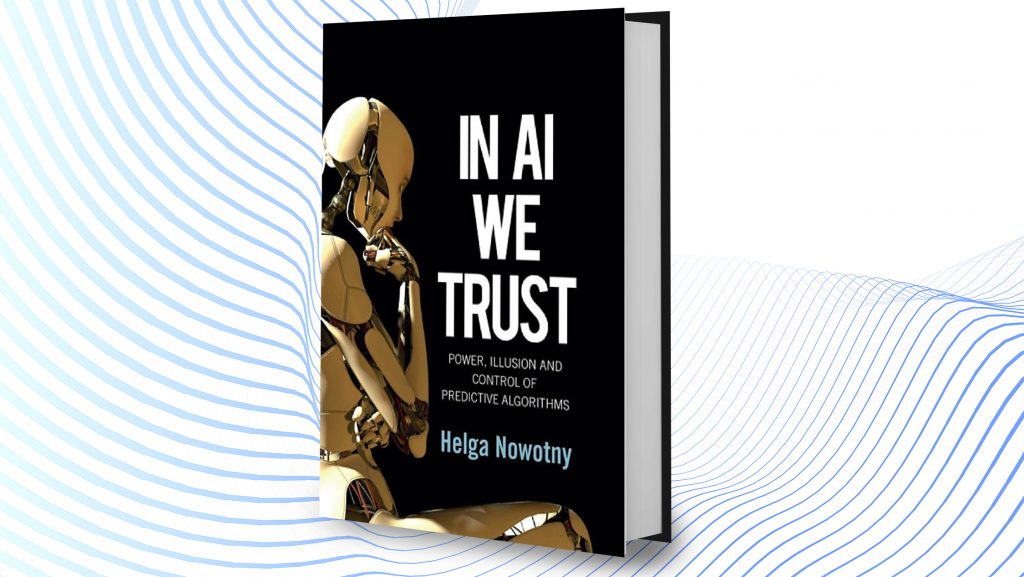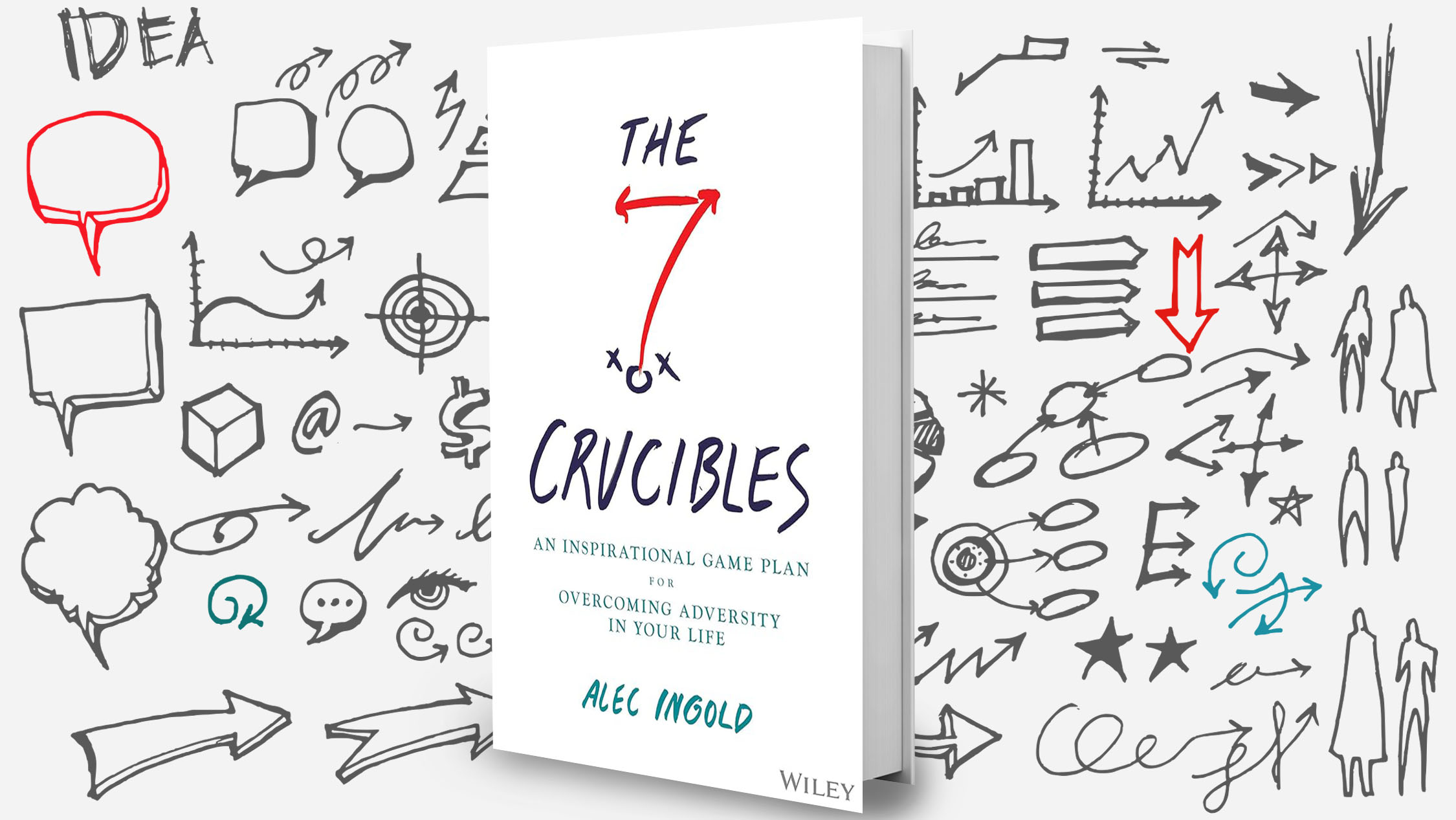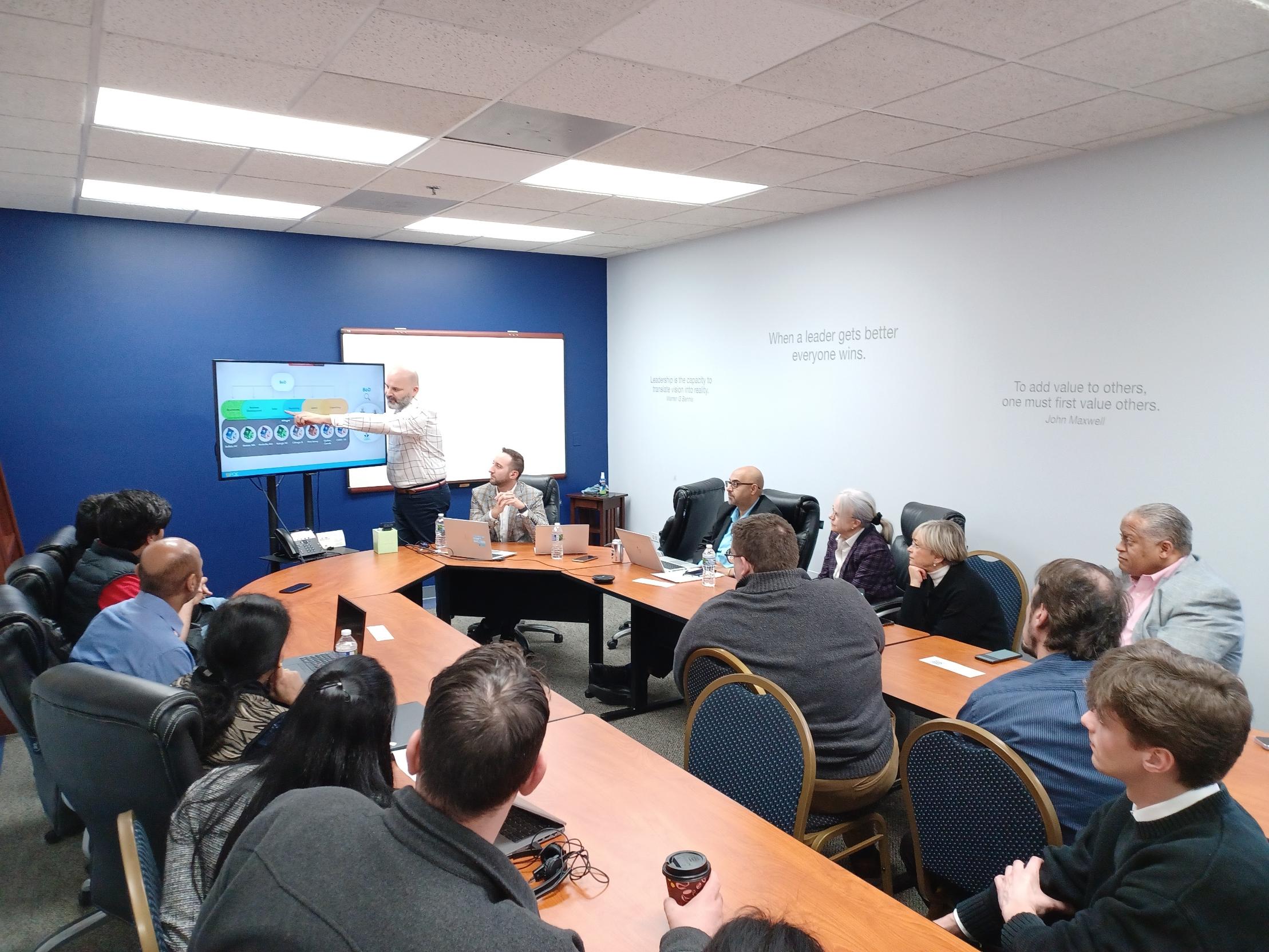As our world continues to shift more toward a technology-based and dependent society, there is no shortage of jokes, predictions, and fears that the human race will inevitably succumb to the “hands” of the artificial intelligence (AI) we created. We continue to build systems of innovation with the aim to boost efficiency and control our increasingly complex environments. However, if AI algorithms continue to advance and our futures become dominated by their suggestions – what does that mean for human behavior, or what it means to be human overall? Helga Nowotny’s book “In AI We Trust: Power, Illusion and Control of Predictive Algorithms” examines this topic and dives into the most persistent concerns about the future of humanity and technology. As a woman and leader in the life sciences industry, a sector that also transforms the social landscape in a variety of ways, I enjoyed this text and its insight into the many paradoxes of human behavior.


Although not everyone would put their trust in a person who claimed to predict the future with a crystal ball, many people place their faith in AI for more or less the same reason. Nowotny discusses how while we leverage AI to increase our control over uncertainty, the performance of AI has the power to make us act in the exact behaviors that it predicts. In turn, this reduces our agency and leaves us in a computer-generated circle of self-fulfilling prophecies. It is crucial that we start to recognize how AI can change our experience and identities dependent on its functionality – which the majority often know little about. It is also worth remembering that we as humans have created these technologies and can only calibrate them to the best of our ability and knowledge at the present time.
As with all technology, there are fundamental pros and cons – such as AI monitoring our actions and posing as a surveillance threat while at the same time providing an opportunity to repurpose the same information into quality care. This book did an excellent job of highlighting the transforming world of algorithms and robots as related to the human experience and freedoms of the future.
I highly recommend it!




